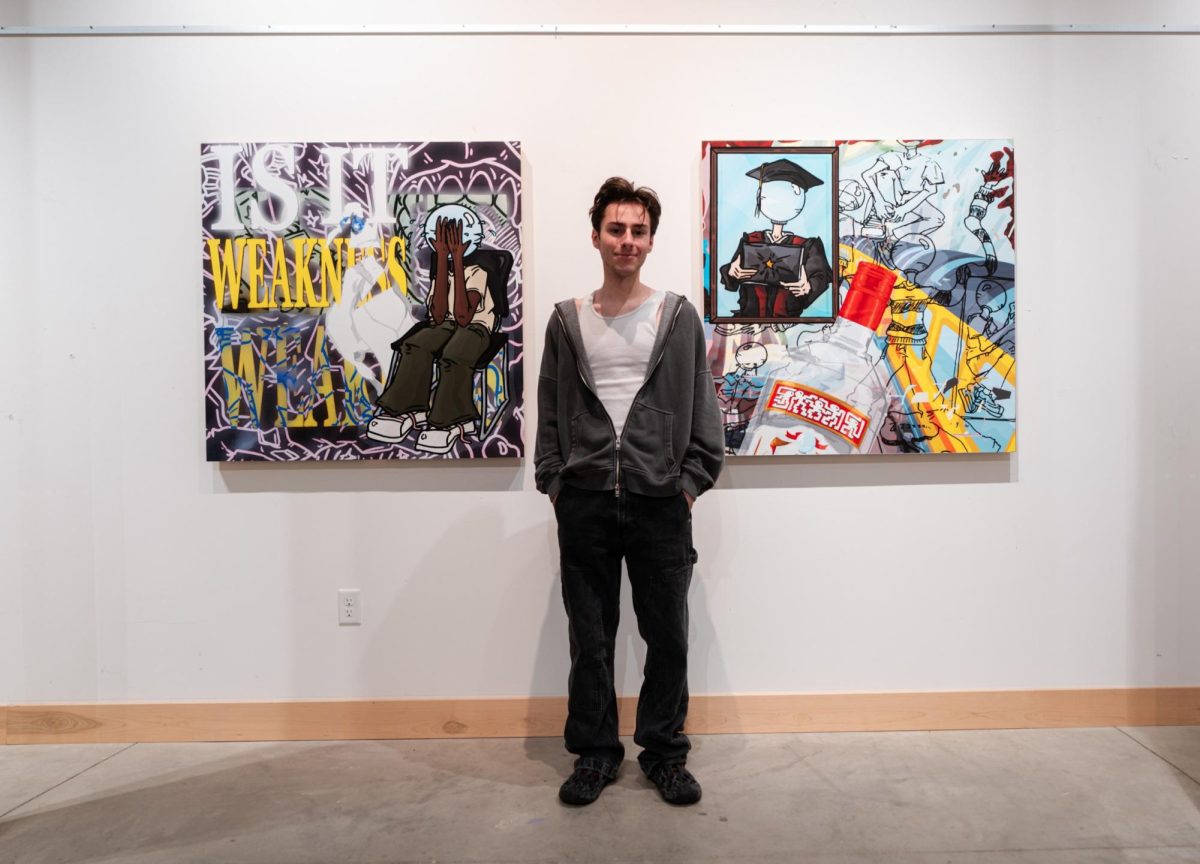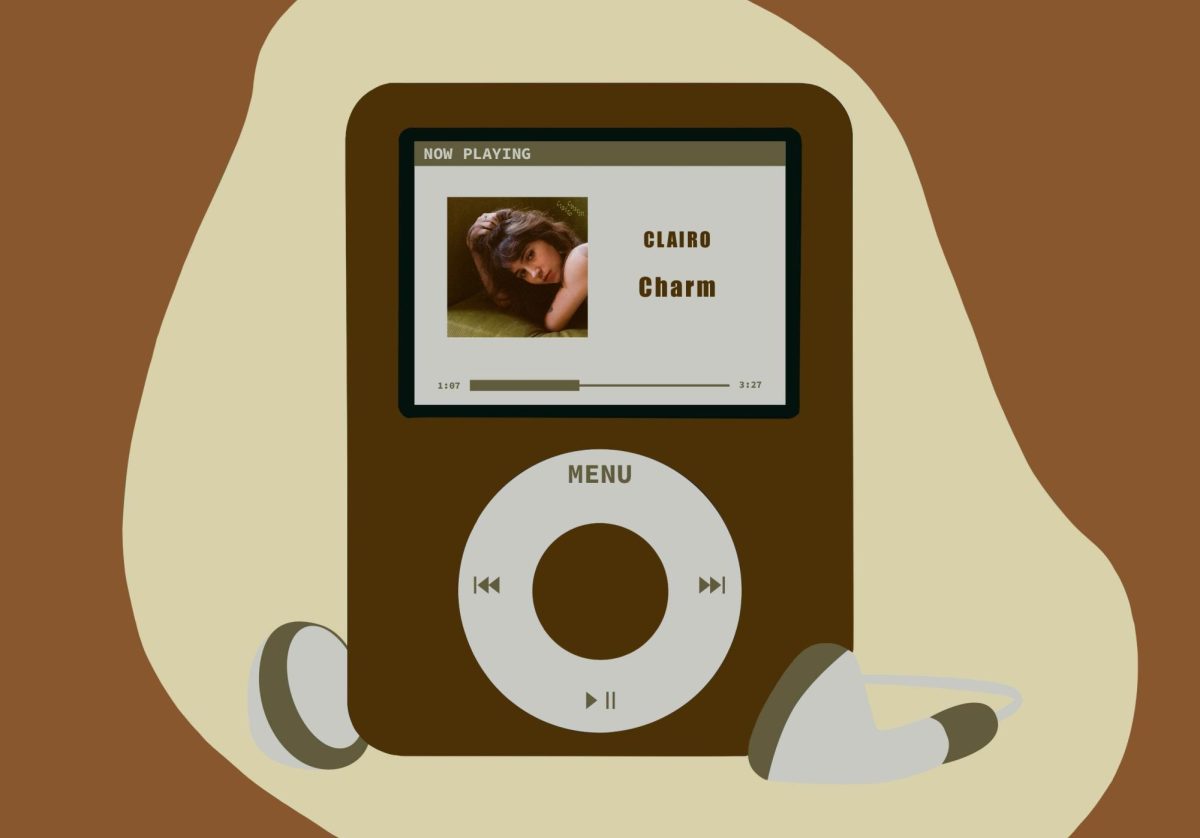Some documentaries are great because the filmmakers have searched long and hard for information, provided new insight into history or even made a clever film which examines the mundane and makes it interesting. Others are great because their subjects are so inspiring that simply conveying the facts of their lives is enough to engross an audience. Martin Doblmeier’s “Bonhoeffer” is a bit of both. The film takes an extraordinary subject, German theologian Hitler conspirator Dietrich Bonhoeffer, and crafts a thoughtful and well-constructed film around him.
Many people might not have heard of Dietrich Bonhoeffer. For those who have, this film probably doesn’t have much novelty to offer. It sticks close to the facts of Bonhoeffer’s life. It focuses on what made him so incredible rather than making a fantastically original documentary. For the rest of us who have no knowledge of this great man, this movie will be a stunner. There are books and other documentaries as well as an opera about Bonhoeffer, but the documentary should be far more accessible than any of those.
“Bonhoeffer” is a loving work of admiration of a man who believed there is a choice that every human being makes, consciously or not, to accept the things their government has done in their name, or rebel against tyranny in any form it takes. In his own case, Bonhoeffer believed the choice was not his, but rather God’s. When the Nazis rose to power in 1930s Germany and began carrying out their infamous atrocities, Bonhoeffer decided it was God’s will that he conspire to kill Hitler and so joined the resistance. Thus Bonhoeffer, already a noted theologian by the age of 21, set in motion a chain of events that would culminate in his death in a Nazi prison just before the official end of World War II in Europe.
The movie has its best moments when it explores the relationship between Bonhoeffer’s radicalism and his faith. Through a series of interviews with family, friends and prominent theologians, the picture of a man whose actions were entirely consistent with his beliefs emerges. Bonhoeffer was convinced that Jesus’ Sermon on the Mount was meant to be taken literally as an ideal for living, and not just used, as had been common, as a basis for Christian guilt. He further believed that the Nazi atrocities were not simply acts against Jews, but rather an attack on God.
Doblmeier has timing to thank for the resonance of his documentary. The film relates the story of a leader who rises under dubious circumstances, a war against a religion, the curtailment and suspension of civil rights and the persecution of a certain segment of the population – all undertaken in the name of security. In the present context, examining a historical figure like Bonhoeffer takes on new importance.
Claiming God, making the one God of the Old and New Testament into a tribal God with particular affinities proves to Bonhoeffer and others that humans have become far too pretentious. So much so that they believe that their machinations might have God’s blessing. This development, along with the bourgeois shift that the church had undergone in Germany in the period immediately following World War I, was one feature that laid the groundwork for the rise of the Nazis.
If we look closely at what is happening here today we can sense similar rumblings, dangerous signals that portend disaster if they go unchecked. The demonization of Muslims in the United States today could forebode evils we’ve ascribed to other, more “backward” nations, things of which we believe ourselves incapable.
“Bonhoeffer” opens with a question the subject posed reflecting on the state of modern humans. In closing, here is a useful item to ponder as you are barraged with “news” and images from the world, home and abroad: “We have been silent witness of evil deeds. We have been drenched by many storms. We have learned the art of equivocation and pretense. Experience has made us suspicious of others and kept us from being truthful and open. Are we still of any use?”
“Bonhoeffer” directed by Martin Doblmeier. Shows at the Bell Auditorium through July 31. Call (612) 627-4430 or visit www.ufilm.org for more information.
Gabriel Shapiro welcomes comments at [email protected]
















